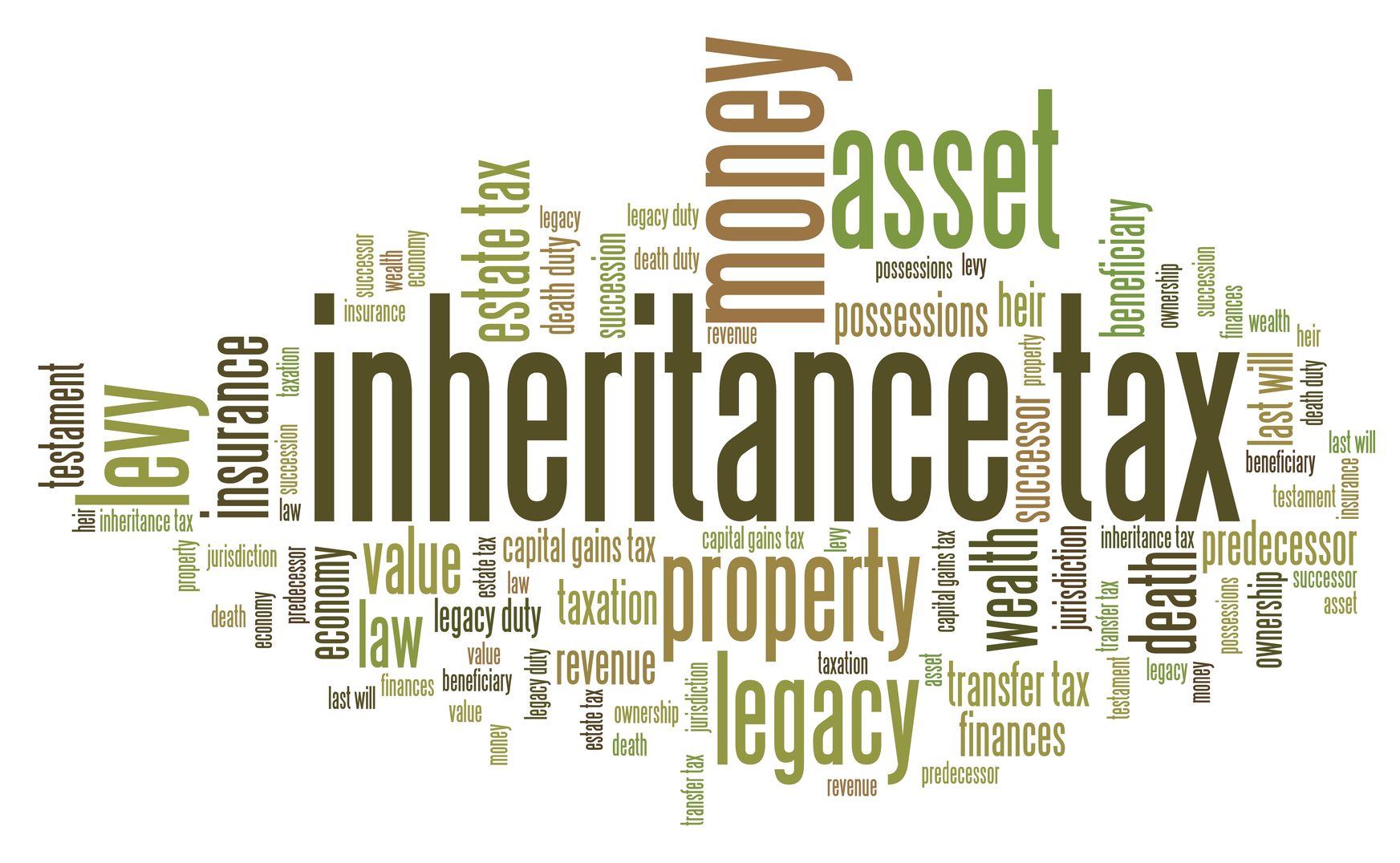
Company cars: Beware of the rule change

If your company car is due for a change this year or next and you can choose a mix of cash and/or car, be warned. There has been a change in the tax rules on optional remuneration arrangements (OpRA in the jargon) which may colour your choice of car or even whether to opt for cash.
The old rules
Before 6 April 2017, provided the salary sacrifice scheme had been set up correctly, if you gave up some of your earnings in exchange for a company car, what you were taxed on was the benefit value of the company car, regardless of whether it was more or less than the salary foregone. For example, in March 2017 you might have had the choice of £5,000 a year salary or a BMW 320i costing £33,000. The benefit value of the BMW in 2016/17 was £7,590 and in the current tax year is £8,910. What you would pay tax on in each year is that benefit value, not the £5,000 pay you gave up (which would roughly have matched the annual cost of a three year lease).
Any sacrifice arrangement in place before the start of 2017/18 remains on this basis until 6 April 2021 unless, unusually, the car had CO2 emissions of not more than 75g/km. However, any replacement car falls under the new rules.
The new rules
The new rules took effect from the start of the last tax year and say you must pay tax on the greater of the salary foregone and the benefit value of the car. As the previous example suggests, the typical car benefit value will exceed the salary foregone. However, that will not always be the case, despite the government’s annual increases to the taxable benefit scales.
The new rules highlight a point often overlooked: your company car could be considerably more taxing than the cash alternative. What was once a sensible benefit-in-kind may no longer be so. While the salary sacrifice rules have been toughened for cars, there has been no change in the treatment of salary sacrifice for pension contributions. This still has major tax advantages which we would be happy to explain.
Past performance is not a reliable guide to the future. The value of investments and the income from them can go down as well as up. The value of tax reliefs depend upon individual circumstances and tax rules may change. The FCA does not regulate tax advice. This newsletter is provided strictly for general consideration only and is based on our understanding of law and HM Revenue & Customs practice as at May 2018. No action must be taken or refrained from based on its contents alone. Accordingly no responsibility can be assumed for any loss occasioned in connection with the content hereof and any such action or inaction.
Professional advice is necessary for every case.


